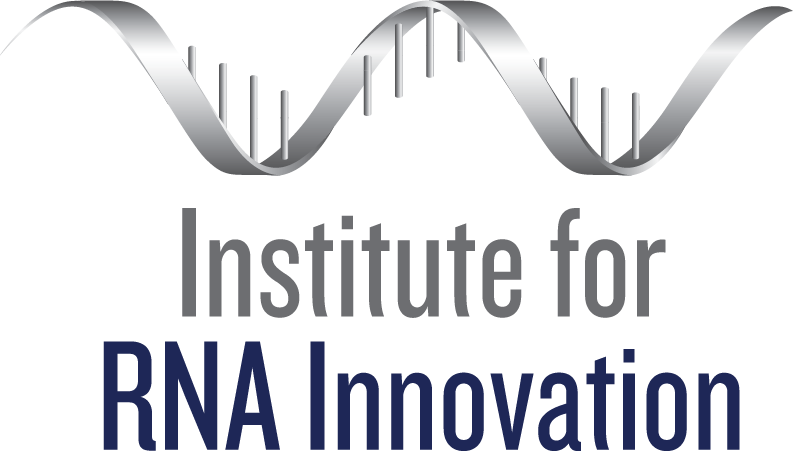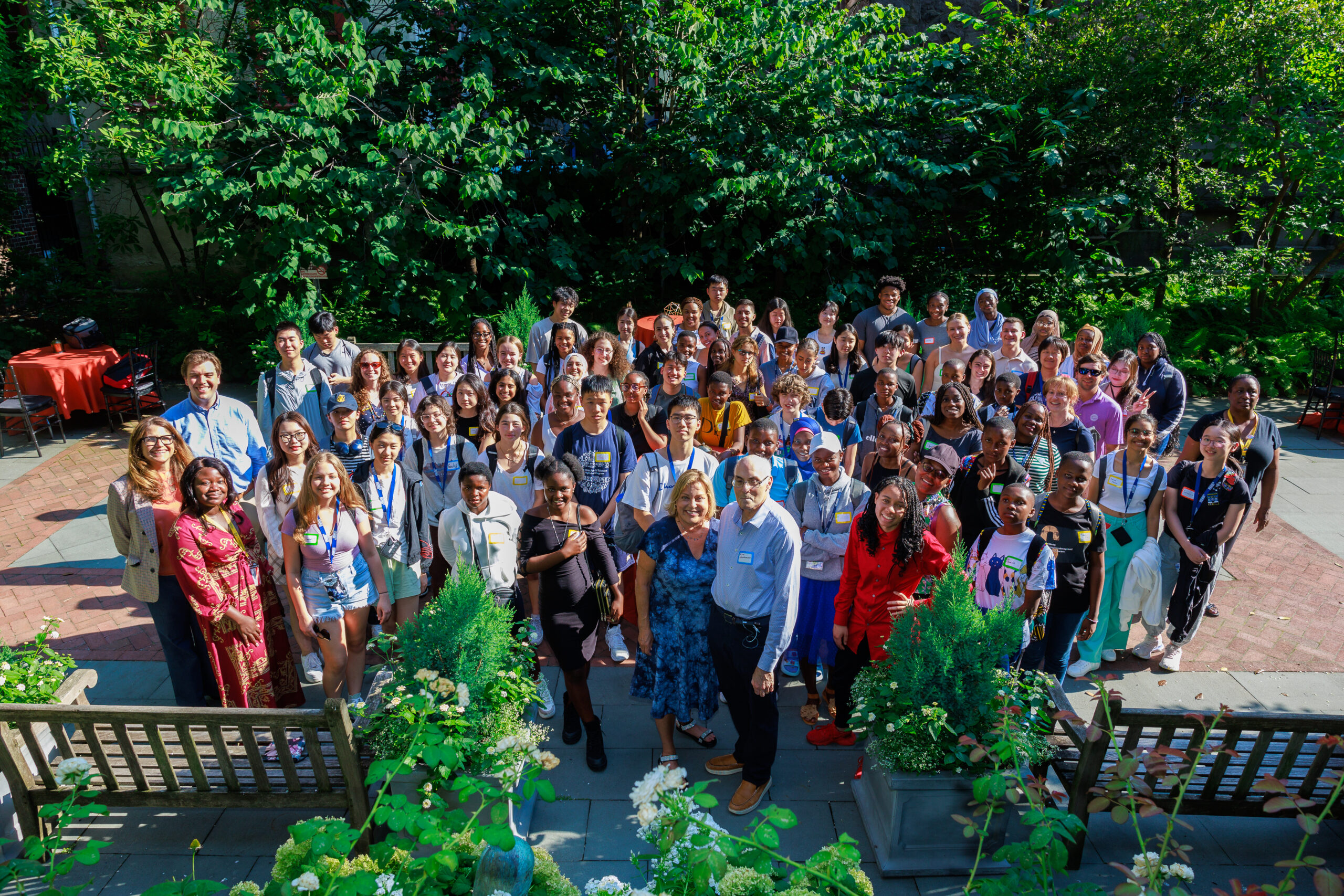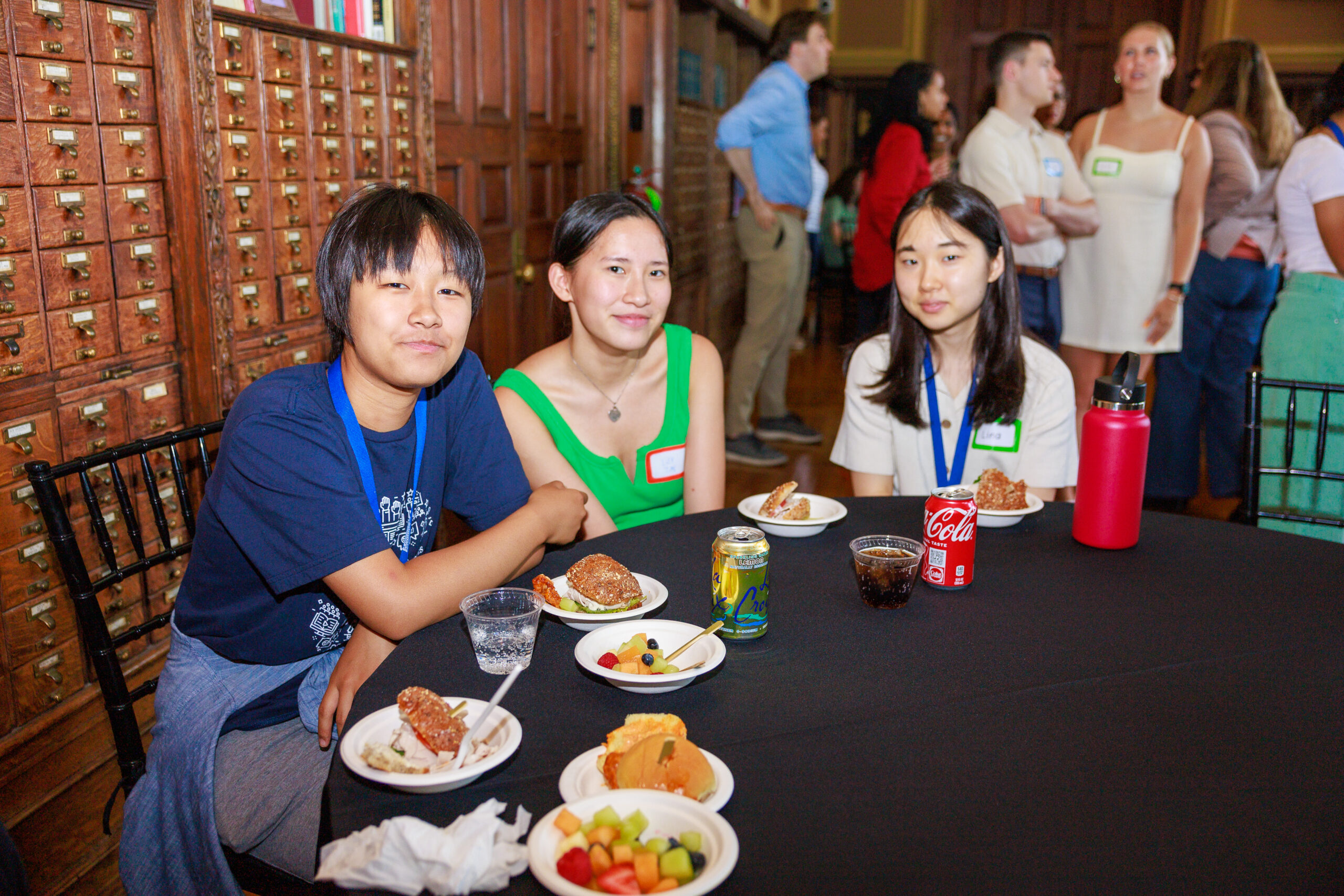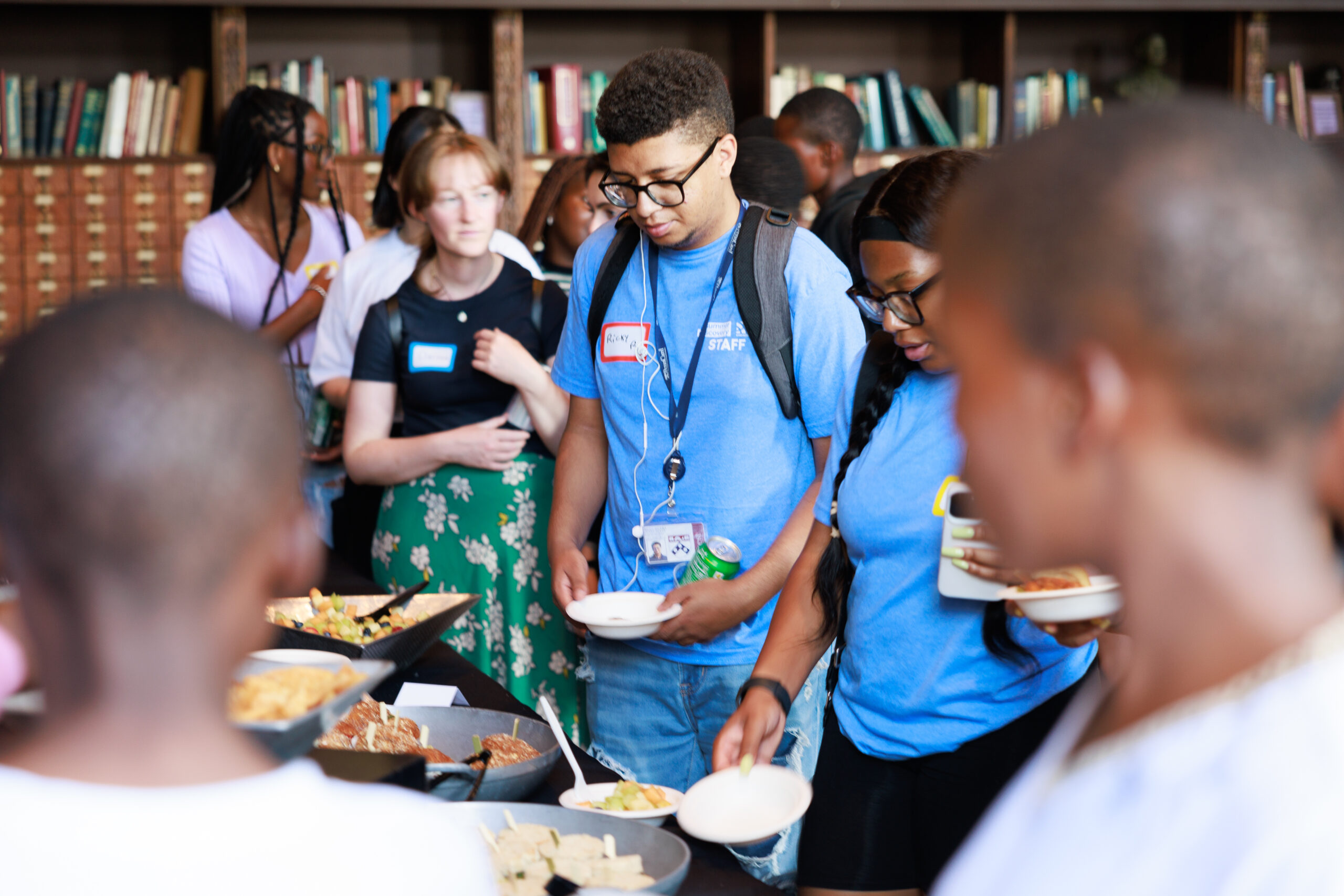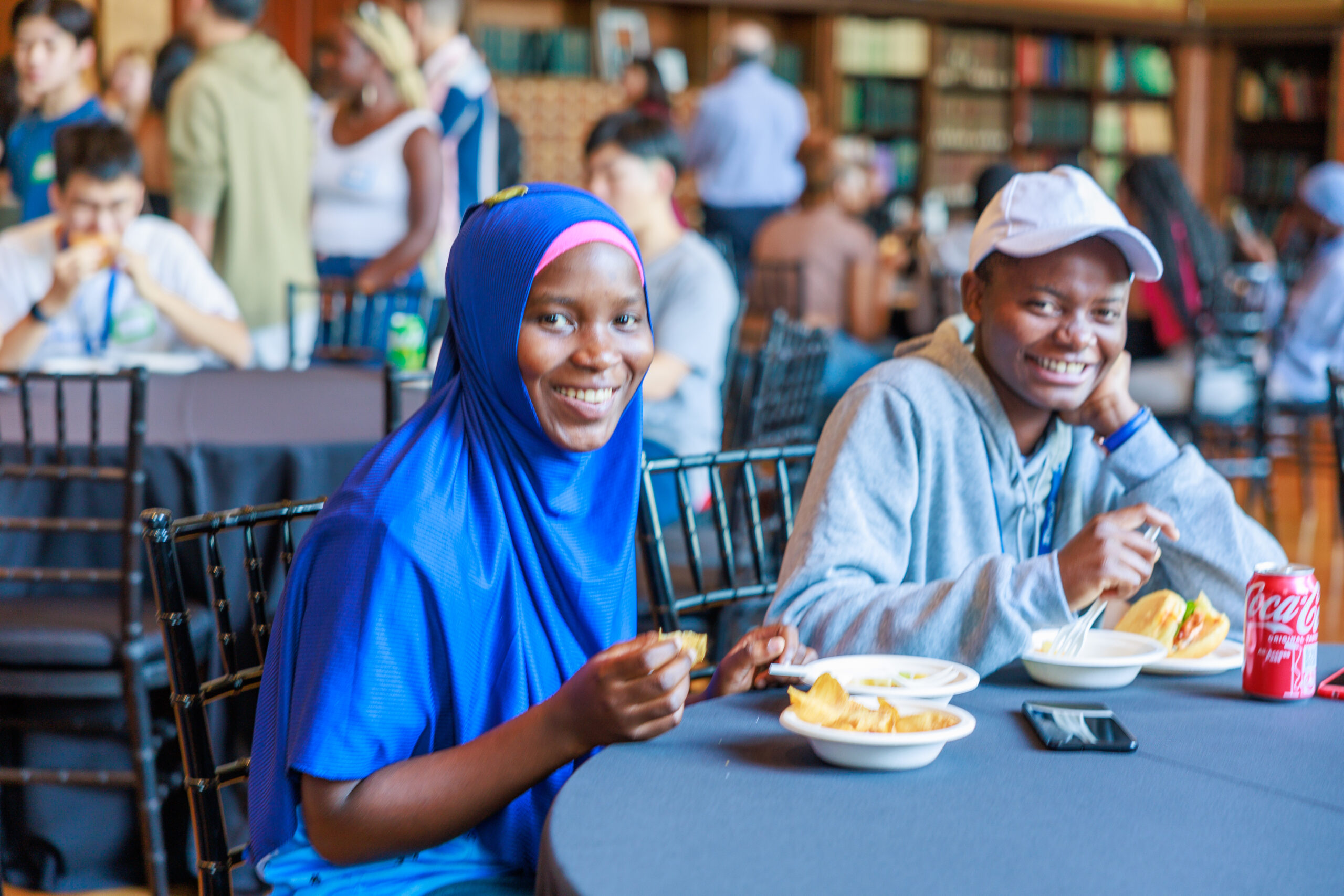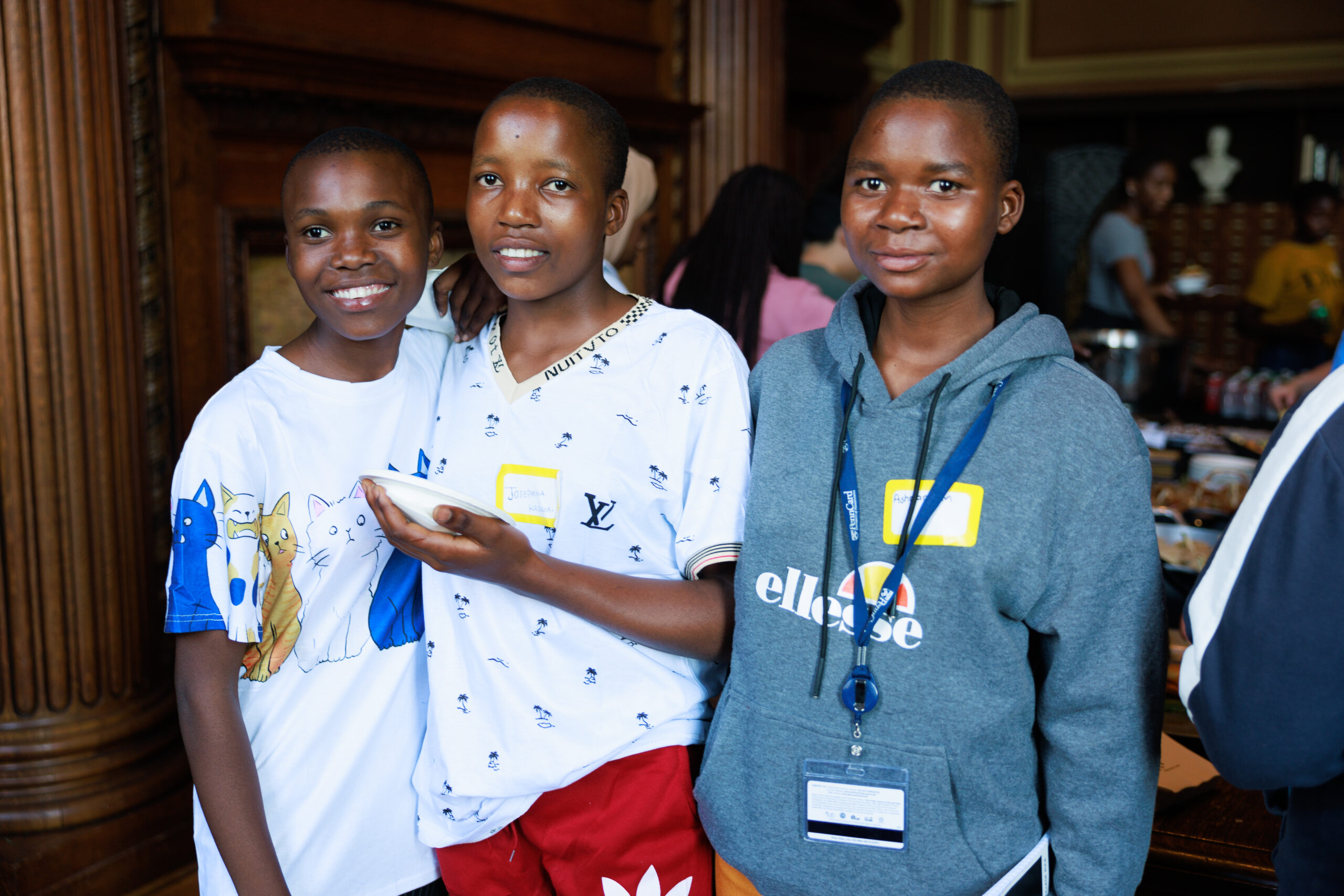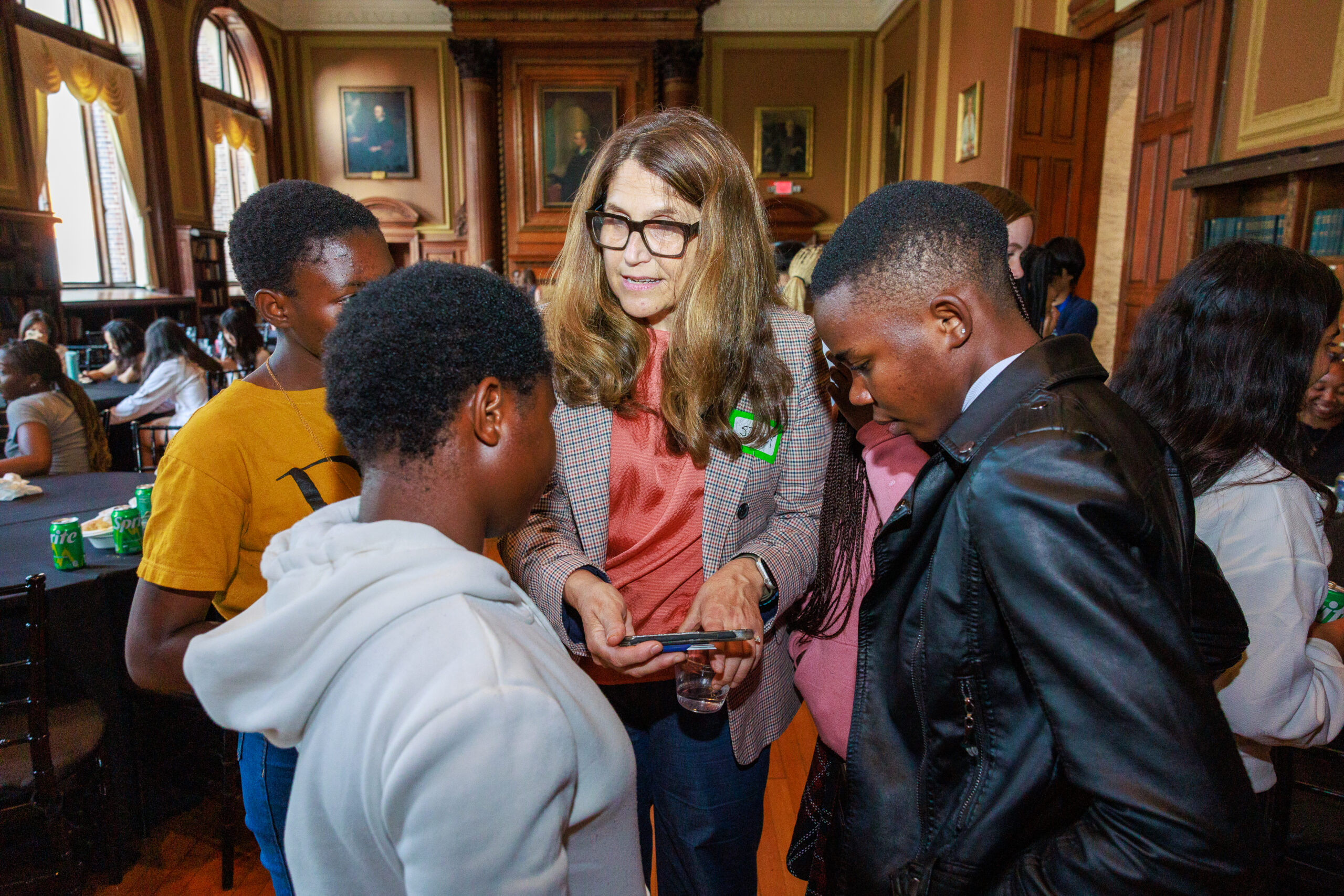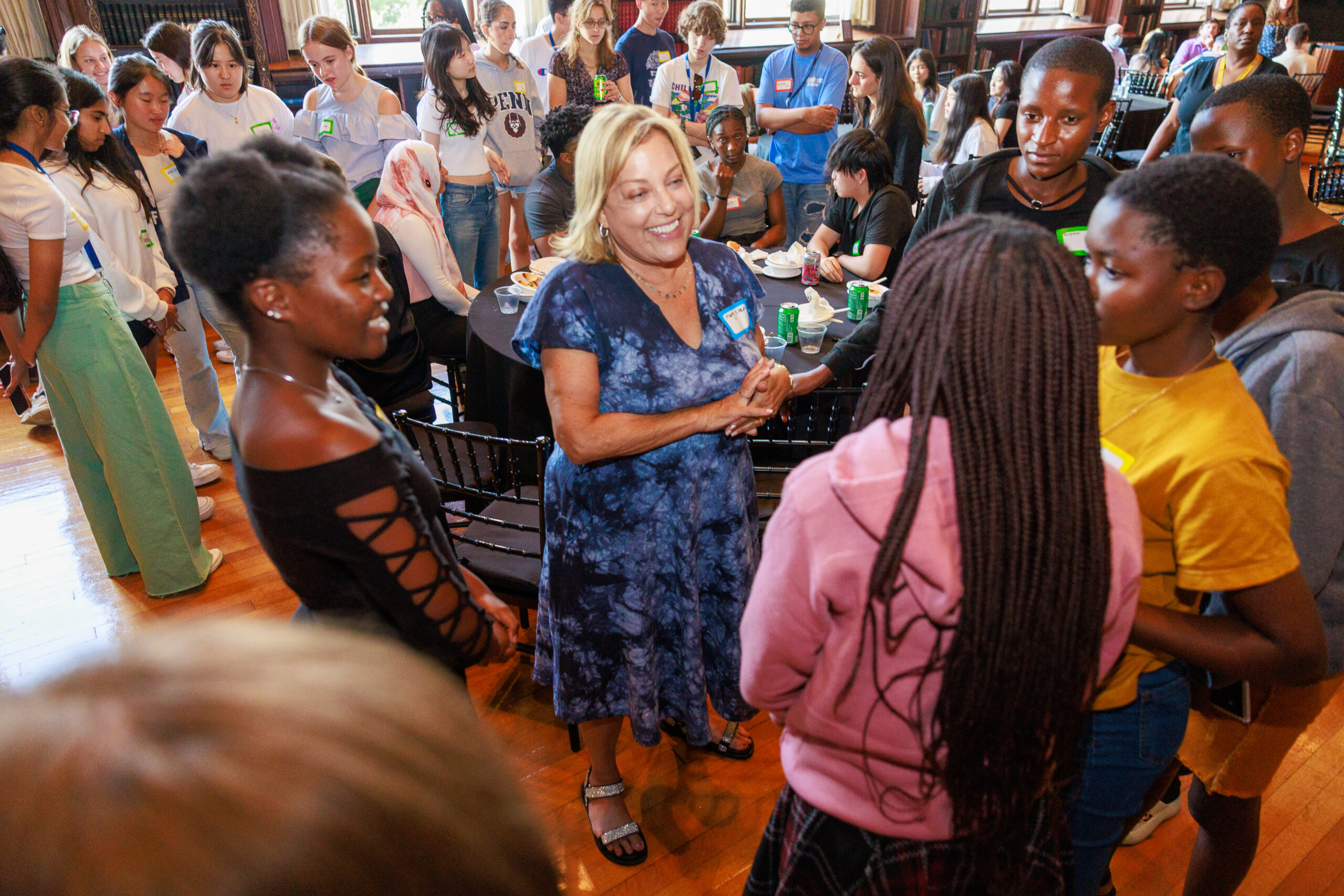Summer Program 2023
SUMMARY
The Institute for RNA Innovation partnered with the School of Arts and Sciences Penn Summer Programs to create and fund a custom summer program for students in underserved communities – both nationally and internationally. This program provided exposure to activities that engage student interest in science. This program launched in the summer of 2023, and piloted with CAMFED and SPIDR. While CAMFED focuses on vulnerable girls and young women, our future goals are to partner with multiple organizations, making this program more inclusive and broadly available.
OVERVIEW OF CAMFED
CAMFED catalyzes the power of the most vulnerable girls and young women to create the future they imagine for themselves, for their communities, and for Africa. Through a gold-standard system of accountability to the young people and communities we serve, we have created a model that radically improves girls’ prospects of becoming independent, influential women. Since 1993, CAMFED, together with our community partners and our CAMFED Alumnae Association, has supported 5.6 million marginalized children in rural regions in Zimbabwe, Zambia, Malawi, Ghana, and Tanzania to go to school.
Girls educated with CAMFED’s support go on to join the CAMFED Association, our powerful alumnae network of women leaders, which now has over 208,000 members. The young women in the CAMFED Association connect with each other to overcome rural isolation, exchange experience, expertise, and opportunities, and make sure many more children get the chance to build a brighter future. This is what we call the ‘Multiplier Effect’ – the impact a girl’s education has on others’ lives.
Student Backgrounds
Students (and chaperones) attending the program will come from Malawi, Tanzania, Zambia, and Zimbabwe. They share a background of rural poverty and exclusion, and a determination to make the most of their education.
PENN SUMMER PROGRAM COURSE DESCRIPTION (2023)
Penn Summer High School Programs allow students to engage with leading faculty and build intellectual connections. Pathogens, Pathology, and the next Pandemic will give students an opportunity to understand the basic cell and molecular biology, microbiology, immunology, genetics, epidemiology, and public health initiatives surrounding the study of infectious disease. Malaria, HIV/AIDS, COVID19, influenza, smallpox as well as other endemic and pandemic species, both old and new will be highlighted. The central dogma of molecular biology, the basics of the structure of the cell, the life cycle of pathogens, and the mammalian immune system will be covered in enough depth to give students the tools to comprehend the different strategies for preventing, testing, treating, and educating the public on infectious disease. Students will listen to or participate in interviews with a variety of experts whose work intersects with infectious disease, public health, or pandemic response each day of the course. Students will be asked to prepare a final public service announcement for their peers, friends, and family to educate them on ‘what they need to know’ about responding to the next pandemic.
Highlighted interviews
Dr. Paul Offit – Vaccine Researcher and pediatrician at CHOP
Dr. Drew Weissman – co-discoverer of mRNA technology in COVID19 vaccines and MD/PhD clinician and researcher in PSOM
Dr. Susan Weiss – coronavirologist, Dept of Microbiology in PSOM
Highlighted activities
1. Testing the testing kits – students will use pregnancy, UTI, and rapid antigen kits with different samples to understand how these kits work
2. Students will develop their own protocols for handling a variety of infectious disease outbreaks in different venues on campus
3. Students will visit a research lab to observe how data are collected and samples analyzed.
Learning Goals
– Students will gain a basic understanding of the genetic code of DNA and how this translates to protein sequences.
– Students will be able to list the basic components and processes of a cell and how these are used to replicate pathogens.
– Students will learn the definitions and concepts behind key terminology that is familiar to them from reading the news on COVID-19.
– Students will collaborate with other students to analyze data, look up resources, interpret information found in articles, and put together a final public service announcement.
– Students will be exposed to a variety of careers that are all involved in the prevention and treatment of infectious diseases and outbreaks.
Course Structure and Timeline
Classes will meet daily from 1:30pm-4:00pm in person on weekdays July 9-22. During class, first, students will actively participate in a lecture on the scientific principles required to understand a particular aspect of a pathogen life cycle, its pathogenesis in people and infectious disease outbreak management in populations. Following lecture, students will work in groups to do activities that encourage students to apply this newfound knowledge to understand the information and data all around them. These activities might include field trips, discussions, Q&A sessions with interviewees and experiments. Students will then listen to an interview or two from a frontline worker, a researcher, a professor, a virologist, bacteriologist, or a public health expert involved currently or in the past pandemic response in the world and reflect on these interviews in small group discussions. In the last 30 minutes or so of each day, students will often have time to work on their final project. On the last day of class, students will present their PSA on how to handle the next pandemic to their peers.

